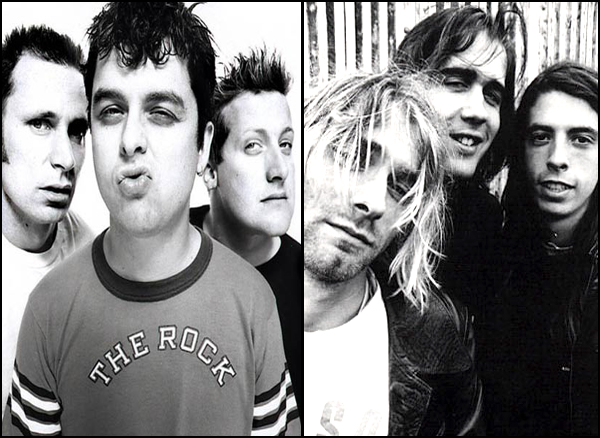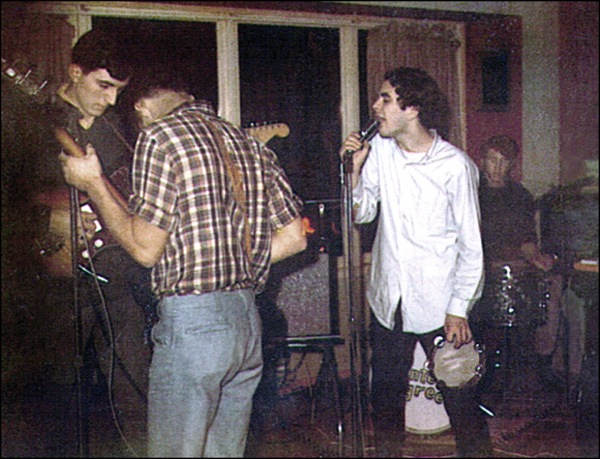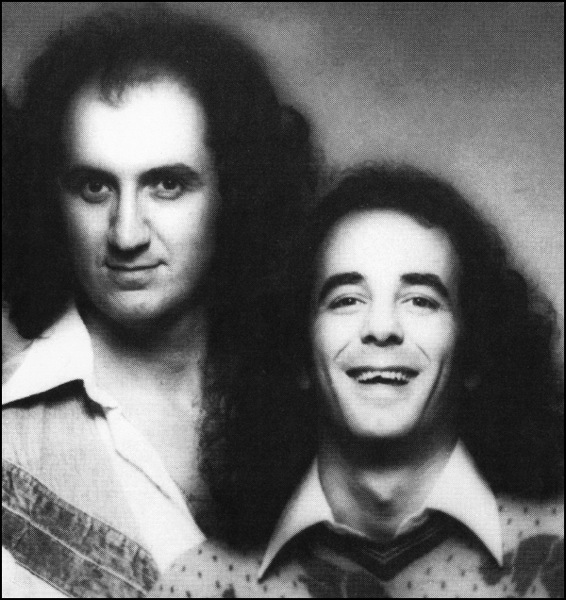The Mayor's Ball
All of our shows are dramatically different these days. This is a rough account of a random show - random only in the sense that it was the one for which I found myself with the requisite coincidence of time and inclination to write about. • It was grey and raining. For the first time in what seemed like months. It had been and endless summer in White Rock.
I was waiting a few more minutes before heading out for the Surrey Sheraton where I’d park my bags and then meet my Trooper brothers in the lobby for a 2:10 lobby call - to be then driven from there to the venue to sound check.
We were playing the Mayor's Charity Ball. I googled the show and there was no mention of it online at all. Which lead me to think that ours might be a surprise appearance. Maybe it's because I don't like surprises, but I prefer people to know we're coming and to be ready for us when we walk out onto the stage. It's a whole different animal when you're trying to put the party together from scratch.
My plan was to sleep over at the Sheraton despite the fact that it's only an hour, if that, from home. It's a luxury, I suppose, but the room was mine for 24 hours and I was considering stopping by a nearby bike shop in the morning to check out e-bikes - a notion that overtook me after reading my friend Peter Cheney's story in the Globe and Mail about riding one in downtown Toronto.
We are like a band of brothers in most senses. We hug when we meet and catch up quickly in bursts of abbreviated prose and sentence-finishing. Nods and winks and eye-rolls. We pile into the bus or van still talking and laughing. Our driver was Rick. He drove us to Whistler when we played there a few years ago with Loverboy. Smitty remembered him and he seemed pleased. We bonded. Rick told us an unflattering story about a band he wouldn't name.
Backstage Paul showed us our nice dressing room and our not nice dressing room. The nice dressing room was lit dramatically and contained white retro sofas and sparkly highlights. The other room had unfinished walls and broom closet decor. It was also much smaller. There is a plan in place to use the nice one before the show and the drywalled one after - at which point the good one will be used for our meet-and-greet.
Paul took me aside. The organizer had asked if we could sing a song called Diane, to "surprise" Mayor Diane Watts - who will be celebrating her last Charity Ball as Mayor of Surrey. He told the organizer that we wouldn't know the song she requested but would probably know the similarly named Ryan Adams song. I told Paul I didn't know it. He said I must have heard it, and in any case it was easy; Steve had figured it out on guitar in just a few minutes. So I had to say no. I was not going to learn and sing a song I'd never heard to surprise someone. Even if it was a Mayor. Sometimes I hate being that guy.
Out on the stage we faced a purple-tinged, overwrought Marie-Antoinette themed ballroom with flowers and cut glass and flowing fabric hanging from delicately decorated trusses - all balanced precariously at the iffy edge of good taste. Black and white clad staff hustled from table to table tweaking or adding to the already crowded displays. Sound check was just a loud interference for most of them. There were some printed lyrics - probably to a song called Diane - on Smitty’s Marshall.
I eat delivered Beef and Broccoli ( and Beef and Guy Lon if they have it) for dinner just about every night I’m on the road. Sonny’s Noodle House had Guy Lon. I watched the first half of the movie Poetry on my laptop while I ate.
The Mayor’s Ball was a charity event. Our pre-show dressing room - the purple one - was separated from the wealthy Surrey-ites in attendance by only black drapery, so the repetitive drone of the auctioneer couldn’t be ignored. The auction went on and on - well past our starting time. We were dressed for stage, wired up with our in-ear monitors and waiting. It’s a credit to our team that the vibe remained chill and good humoured in the purple room.
The show was a private event, so I’ll limit details of that part of my day to avoid intruding on the partier’s privacy. I will say that her worship the Mayor - and a large coterie of her friends and family - joined us onstage for rousing and crowded versions of Raise a Little Hell and We’re Here For a Good Time. The entire stage, ball gown-clad women and Trooper men, posed for photos, onstage, at the end - rather than our usual bow. After changing clothes and unwiring our in-ears in the dressing room we joined the wealthy and famous VIP guests in the purple room for photos and small talk. All of the people there were very nice and we enjoyed the meet and greet more than we usually might.
On the ride back to the Sheraton we discussed the show. It turns out that, during Raise a Little Hell some of the onstage ladies were attempting conversations with the guys in the band - while they played.
“I’m British you know” “I can tell by your accent” “No, really, I’m British”
And my favourite one, from Gogo;
“Will you teach me how to play piano?”
He said it’s the strangest thing anyone has ever said to him on stage.







